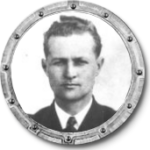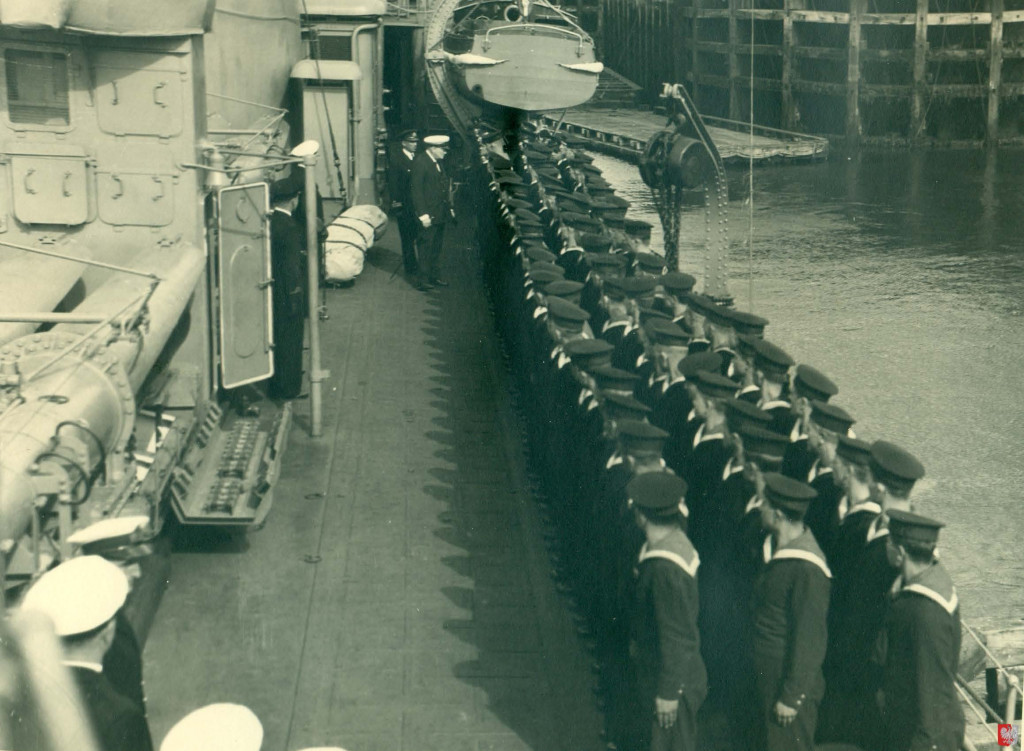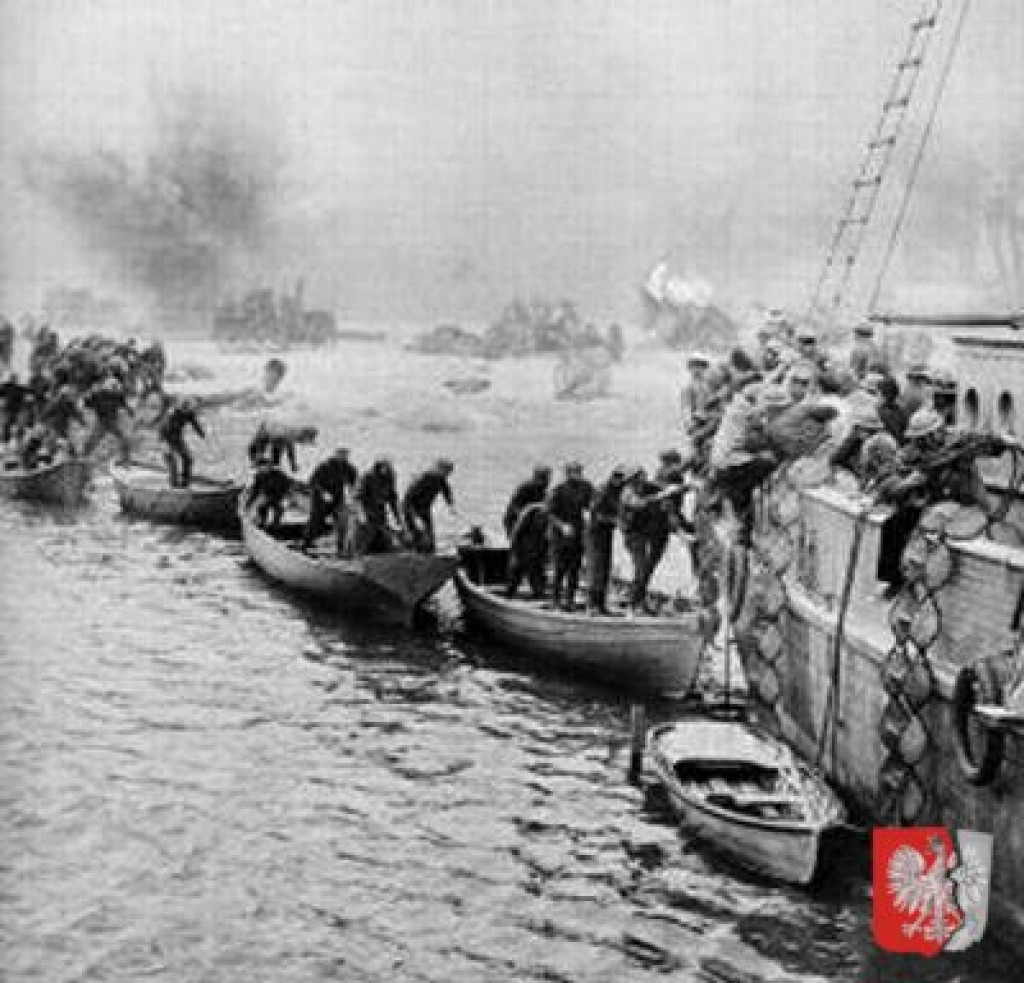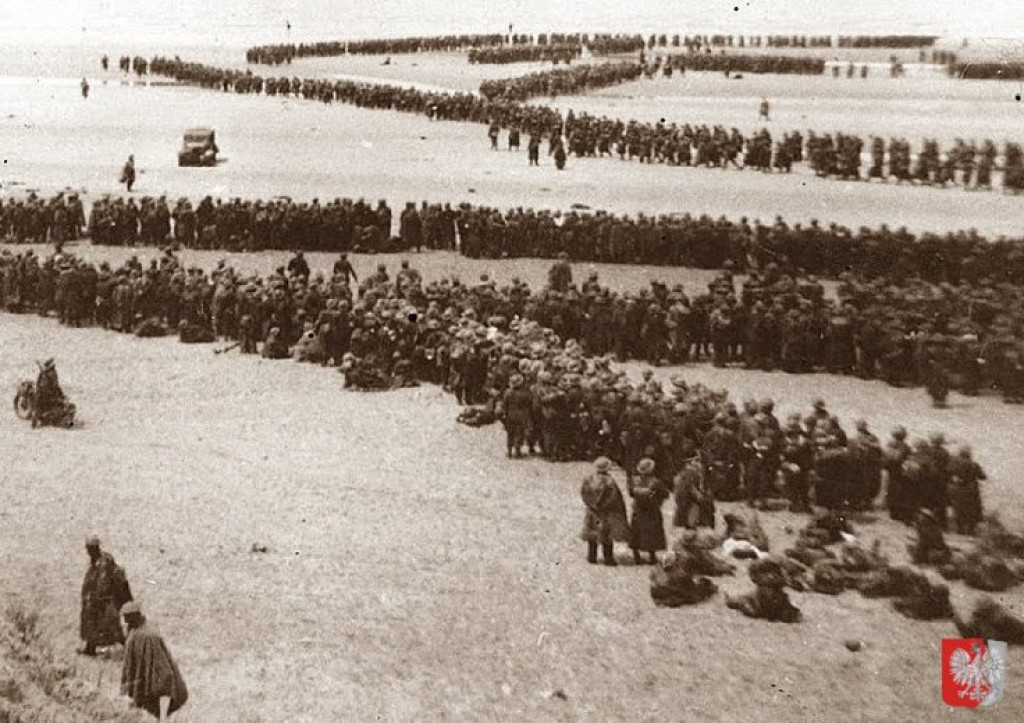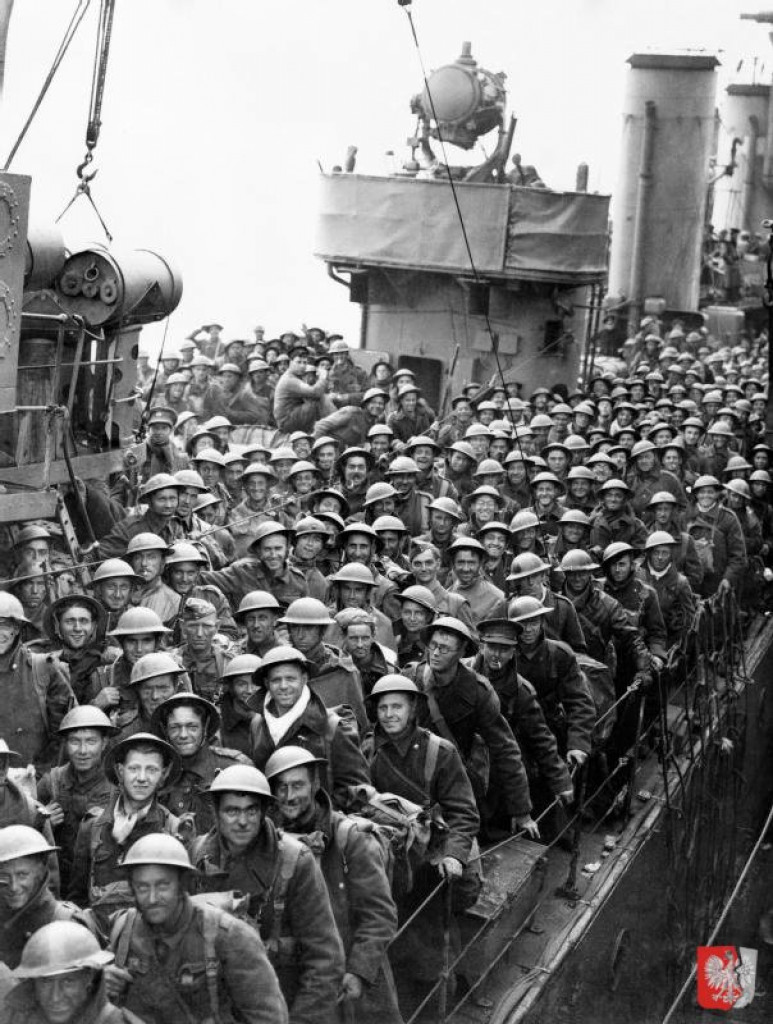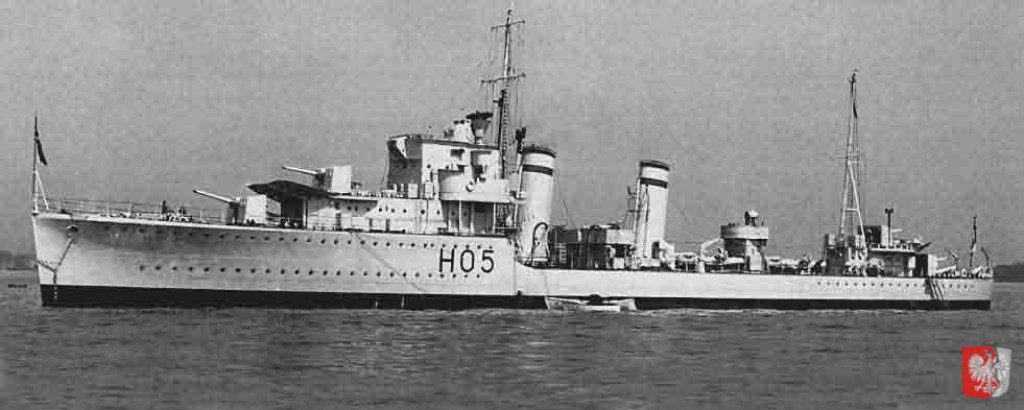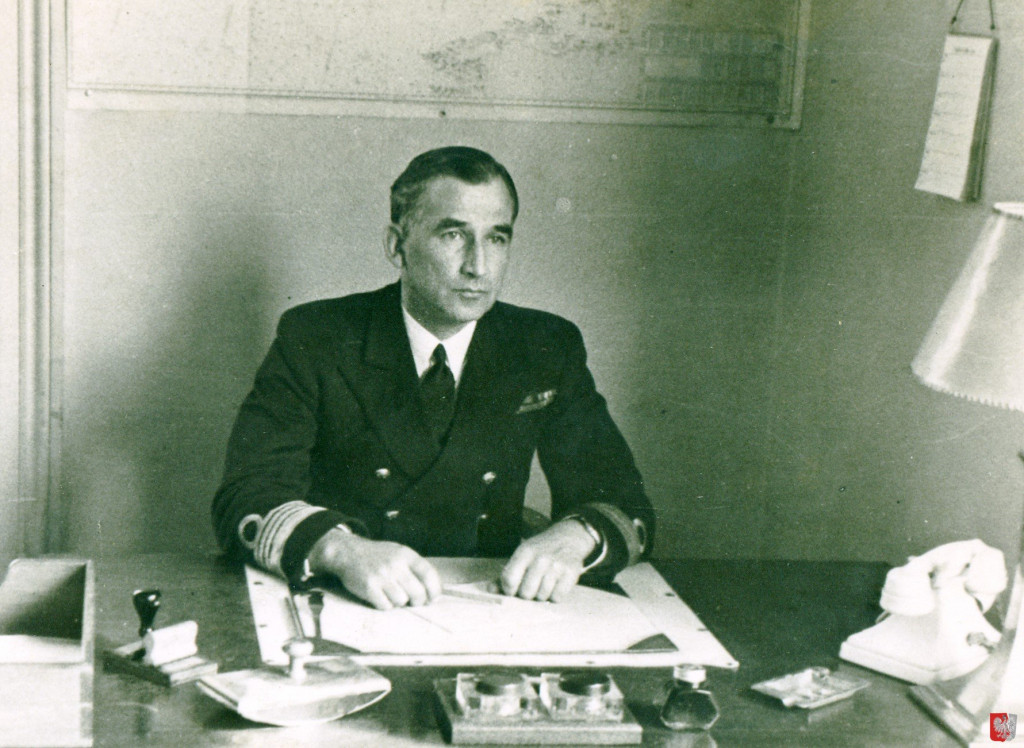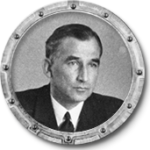
Polish Naval Memories of WWII
A squadron of diving planes, 27 bombers strong, appeared… The first round of bombs hit the destroyer HMS Wessex which soon went to the bottom. Then HMS Vimiera heavily damaged, hid behind a smoke screen and did not take part in the fighting. The air attack was concentrated on the Burza. The enemy attacked her from various directions and from various altitudes…
At this stage of the war the main guns were not adapted for anti-aircraft defence and so only Vickers 40mm and Hotchiss 13.2mm weapons were able to return fire. So many bombs were dropped with so many near misses that:
The shocks were so strong that one could hardly keep up and the men often fell or dropped to their knees. At that time all the doors on the bridge fell out and all square watertight hatches stood open. The falling bombs caused fountains of water so high that frequently one could see nothing but water, smoke and steam… At one moment three big bombs fell near the ship and their explosions caused the safety valve in boiler number one to open and jam. The bomb reports and the thunder of the guns were now joined by the deafening roar of steam which was escaping swiftly from the boilers… the ship lost speed temporarily … the commanding officer, Francki, then ordered to fire the torpedoes and to throw out depth charges to avoid additional explosions should the ship be hit by a bomb.
ORP Burza, standing still, was hit by two bombs but the engines were restarted and she managed to reach Dover under her own power. Despite ineffective anti-aircraft armament one enemy plane was shot down.
Recalling these same events over 60 years later Kazimierz Kasperek said:
Burza often sailed with Błyskawica and the British light cruiser Galatea. Along with HMS and Wessex we escorted convoys in the English Channel. We were ordered to shell German positions around Calais, and nearby Sangatte Hill. To protect the merchant ships we would fire out guns at the shore batteris. At the same time German planes above us frequently attacked throughout the day of May 24th… Shrapnel jammed our two 40mm anti-aircraft guns… at this point the crew worked fast to stop up holes and seal the leaks to prevent us from sinking.
On June 7th ORP Błyskawica was towed to Portsmouth for repairs. ORP Błyskawica and ORP Burza had provided naval support for the rescue of over 338,000 allied soldiers from the beaches and harbour of Dunkirk, France.
From ‘Poles Apart – Polish naval memories of World War 2’ by Martin Hazell, 2012
